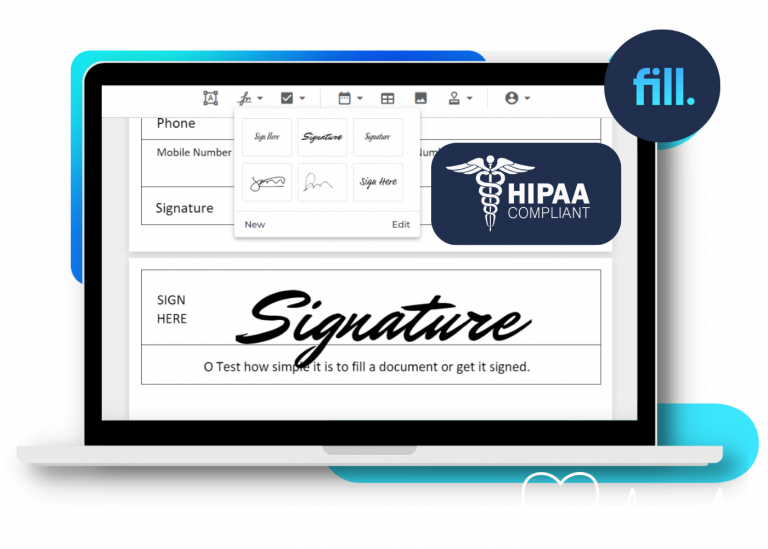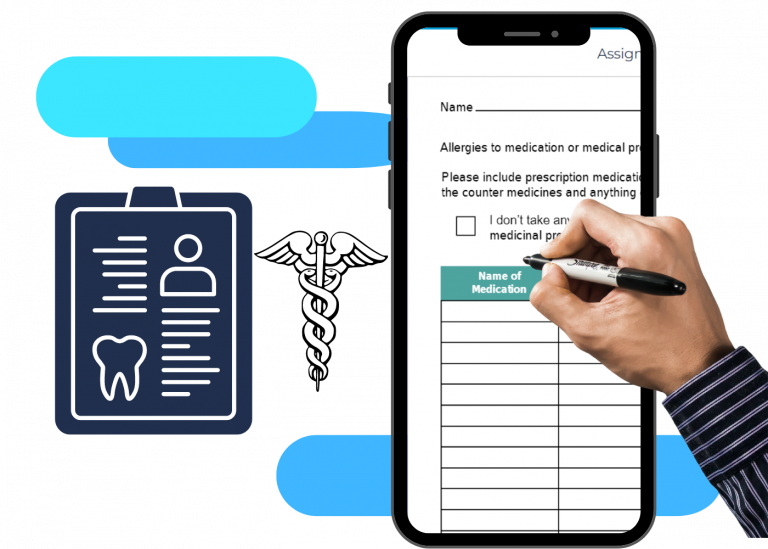Your healthcare records contain sensitive information, including your medical diagnosis, health history, medications, etc. For your safety and privacy, you cannot simply let anyone gain a hold of this information. It is also the responsibility of your primary care provider to protect your information from being disclosed without your knowledge or consent.
Should there be a need to disclose your information to a third party, your hospital or primary care provider may seek your consent and ask you to sign a HIPAA authorization form. Your HIPAA form is a form that grants a particular person or covered entity the authority to share or disclose your information to another person, party, or business associate. Under the HIPAA federal law, all covered entities and their associates should abide by the national standards for safeguarding PHI (protected health information).
It is also important to note that a signed HIPAA form does not automatically mean “full disclosure” of PHI. Your doctor or care provider can only disclose whatever information is needed. The covered entity should also seek your consent and have you sign the form before disclosing your PHI. For example, your hospital should ask you to sign a HIPAA signature form before releasing your protected health information to your attorney or claims agent.







